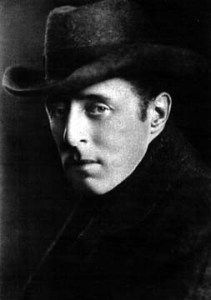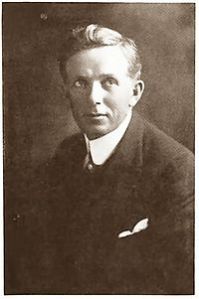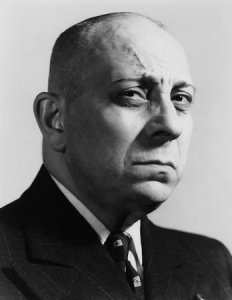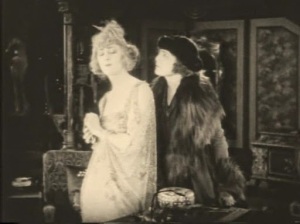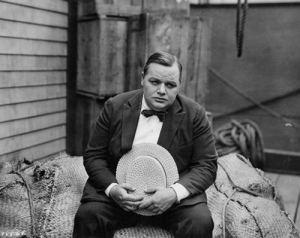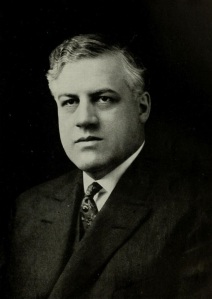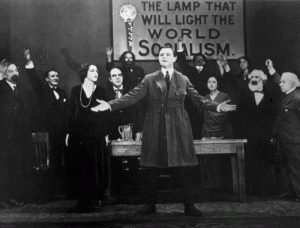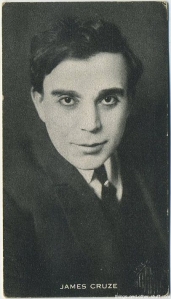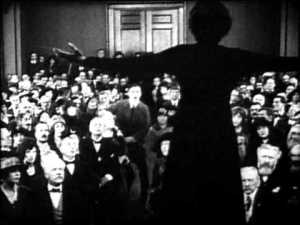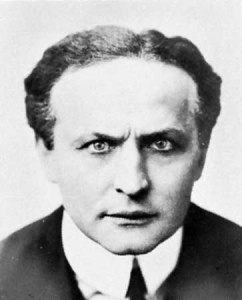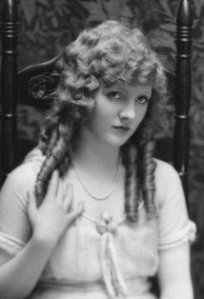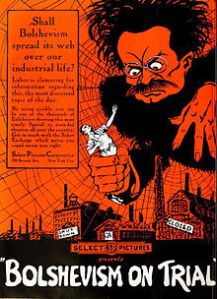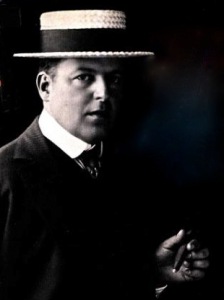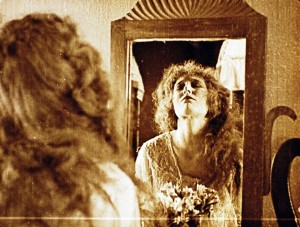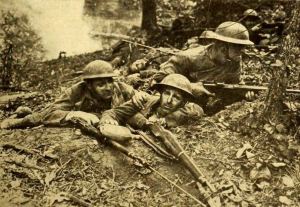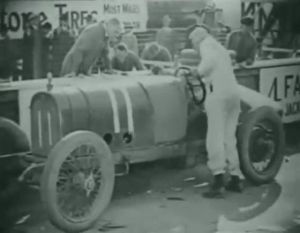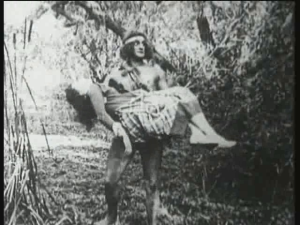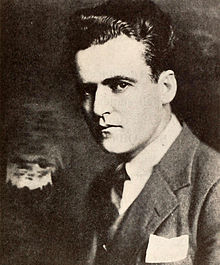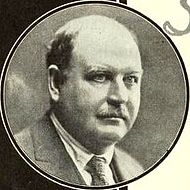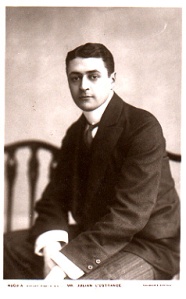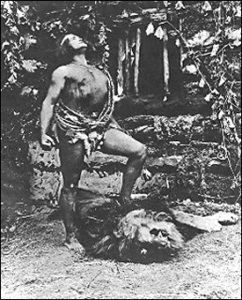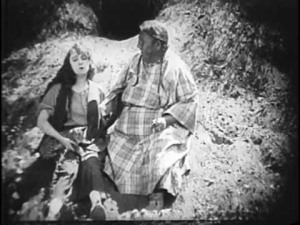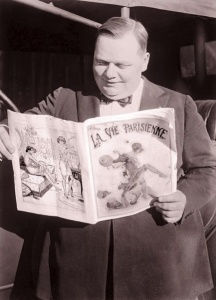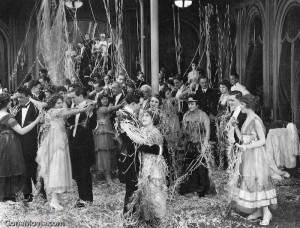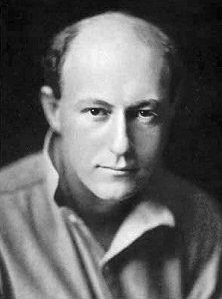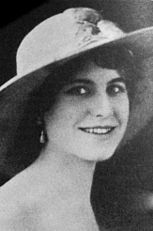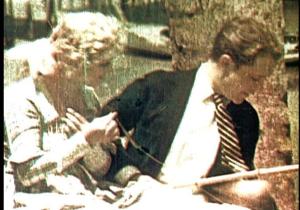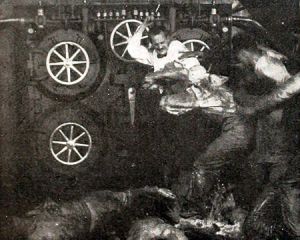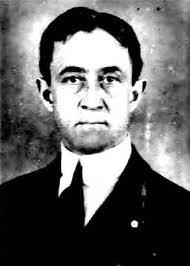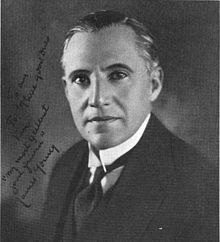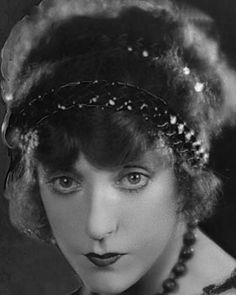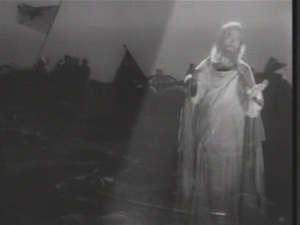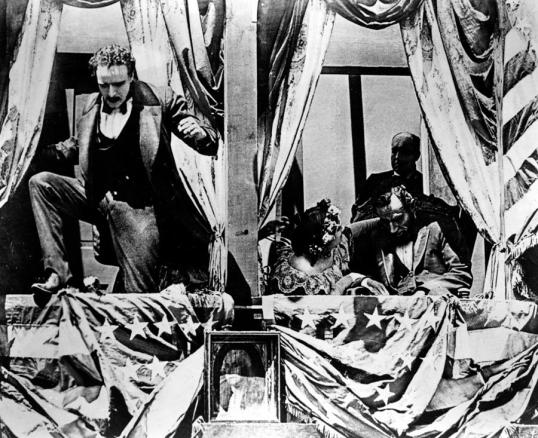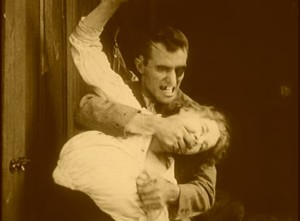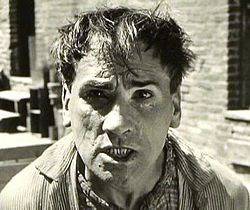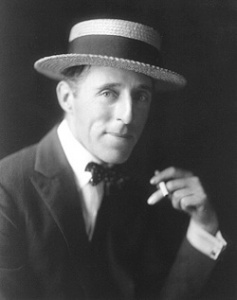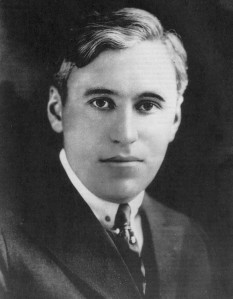1920 was a year of many changes.
On January 16th, the 18th Amendment went into effect and prohibition became the law of the land. Suddenly, it was illegal to transport and sell alcohol in the United States. As social reformers rejoiced, the government grew and ordinary citizens started to hoard whatever liquor they had. (Selling alcohol was illegal but drinking it was not.) Perhaps the people happiest about prohibition were the gangsters who now had a totally new market to exploit.
On August 26th, the 19th amendment to the U.S. Constitution passed and, finally, all women were granted the right to vote. And it came not a minute too late because it was time for the United States to elect a new president. Weary after the nonstop drama of 8 years of Woodrow Wilson, the American electorate turned to Warren G. Harding, a little-known Republican who promised both a “return to normalcy” and to keep the U.S. out of the League of Nations. On November 2nd, Harding was elected in a landslide, defeating Democrat James M. Cox.
And finally, the AMPAS also elected a new president. After serving two successful terms as president of the Academy, Thomas H. Ince declined to run for a third term. The award-winning actor William S. Hart was elected to take his place, easily defeating producer Lewis J. Selznick. As President, Hart introduced one major change the Academy Awards. In recognition to the growing number of films being produced annually, he suggested increasing the number of best picture nominees from 6 to 10.
As for the awards themselves, 1920 was perhaps the first year in which the Academy attempted to fix a previous error. The previous year, Bolshevism on Trial had defeated D.W. Griffith‘s Broken Blossoms for best picture. When Griffith released the epic melodrama Way Down East in 1920, there was little doubt that this would be the year that a Griffith film would finally win the award for best picture.
Despite the fact that Way Down East‘s victory was something of a foregone conclusion, the Academy still made history with the nominations. Oscar Micheaux became the first African-American to be nominated for both best director and best picture for his film Within Our Gates. (Ironically, Within Our Gates was meant to serve as a repudiation of Griffith’s Birth of a Nation.) For her performance in Within Our Gates, Evelyn Preer received her second consecutive nomination.
As well, bothers John Barrymore and Lionel Barrymore both received nominations for best actor. It was John’s second nomination and Lionel’s first.
The Awards Ceremony was held on February 20th, 1921 at the newly opened Ambassador Hotel in Los Angeles, California. The ceremony was again hosted by comedian Roscoe “Fatty” Arbuckle. Along with the Barrymore brothers, Arbuckle was nominated for best actor that year, though all three of them lost to Charles Ogle. However, Arbuckle did receive an honorary award, thanking him for his “service to the Academy.” Everyone agreed that Arbuckle had somehow managed to make the first alcohol-free Academy Awards ceremony bearable. Indeed, as the ceremony came to an end, there was no one as beloved in Hollywood, and perhaps in America, as Fatty Arbuckle.
In just a few months, that would all change.
The Seventh Annual Academy Awards
(Honoring films released in America from January 1st to December 31st, 1920.
Winners are listed in bold and starred.)
Best Picture
The Devil’s Pass Key. Produced by Carl Laemmle. Universal.
Dr. Jekyll and Mr. Hyde. Produced by Adolph Zukor. Paramount.
The Mark of Zorro. Produced by Douglas Fairbanks. United Artists.
Over the Hill To The Poorhouse. Produced by William Fox. Fox Film Corporation.
The Penalty. Produced by Samuel Goldwyn. Goldwyn.
The Round-Up. Produced by Jesse L. Lasky. Paramount.
The Saphead. Produced by Marcus Loew, John Golden, and Winchell Smith. Metro Pictures.
Sex. Produced by J. Parker Read, Jr. J. Parker Read Productions.
*Way Down East. Produced by D.W. Griffith. United Artists.
Within Our Gates. Produced by Oscar Micheaux. Micheaux Film.
Best Actor
Roscoe “Fatty” Arbuckle in The Round-Up. Paramount.
John Barrymore in Dr. Jekyll and My. Hyde. Paramount.
Lionel Barrymore in The Copperhead. Paramount.
Douglas Fairbanks in The Mark of Zorro. United Artists.
Buster Keaton in The Saphead. Metro Pictures.
*Charles Ogle in Treasure Island. Paramount.
Best Actress
*Mary Carr in Over The Hill To The Poorhouse. Fox Film Corporation.
Elsie Ferguson in Lady Rose’s Daughter. Paramount.
Lillian Gish in Way Down East. United Artists.
Louise Glaum in Sex. J. Parker Read Productions.
Mary Pickford in Suds. United Artists.
Evelyn Preer in Within Our Gates. Micheaux Pictures.
Best Director, Dramatic Picture
William F. Alder for Shipwrecked Among Cannibals. Universal.
Tod Browning for Outside the Law. Universal.
*D.W. Griffith for Way Down East. United Artists.
Oscar Micheaux for Within Our Gates. Micheaux Pictures
Fred Niblo for Sex. J. Parker Read Productions.
Erich Von Stroheim for The Devil’s Pass Key. Universal.
Best Director, Comedic Picture
Herbert Blache and Winchell Smith for The Saphead. Metro Pictures.
John Francis Dillon for Suds. United Artists.
Victor Fleming for The Mollycoddle. United Artists.
John Ince for Old Lady 31. Metro Pictures.
*George Melford for The Round-Up. Paramount.
Paul Powell for Pollyanna. United Artists.
Best Screenplay
*The Devil’s Pass Key. Erich Von Stroheim. Universal.
If I Were King. E. Lloyd Sheldon. Fox Film Corporation.
Over the Hill To The Poorhouse. Paul Sloane. Fox Film Corporation.
The Penalty. Charles Kenyon. Goldwyn.
Sex. C. Gardner Sullivan. J. Parker Read Productions.
Way Down East. Anthony Paul Kelly. United Artists.
Best Art Direction
The Devil’s Pass Key. Richard Day. Universal.
The Last of the Mohicans. Ben Carre. First National.
The Mark of Zorro. Edward Langley. United Artists.
Outside the Law. Elmer Sheeley. Universal.
*Sex. W.L. Heywood. J. Parker Read Productions.
Way Down East. Clark Robinson. United Artists.
Best Cinematography
The Copperhead. Faxon M. Dean. Paramount.
The Devil’s Pass Key. Ben F. Reynolds. Universal.
The Jack-Knife Man. Ira H. Morgan. First National.
The Last of the Mohicans. Phillip R. DuBois. First National.
*Sex. Charles J. Stumar. J. Parker Read Productions.
Way Down East. G.W. Bitzer. United Artists.
Best Engineering Effects
The Last of the Mohicans. Maurice Tourneur. First National.
*The Mark of Zorro. Richard Talmadge. United Artists.
The Penalty. Lon Chaney. Goldwyn.
Way Down East. D.W. Griffith. United Artists.
Best Title Writing
Dr. Jekyll and Mr. Hyde. Clara Beranger. Paramount.
The Last of the Mohicans. Robert Dillon. First National.
Outside the Law. Gardner Bradford. Universal.
The Penalty. Charles Kenyon. Goldwyn.
*The Saphead. June Mathis. Metro Pictures.
Within Our Gates. Oscar Micheaux. Micheaux Film.
Special Award
To Roscoe “Fatty” Arbuckle for his years of service to the Academy
Films By Number of Nominations
7 Nominations — Way Down East
6 Nominations — Sex
5 Nominations — The Devil’s Passkey
4 Nominations — The Last of the Mohicans, The Mark of Zorro, The Penalty, The Saphead, Within Our Gates
3 Nominations — Dr. Jekyll and Mr. Hyde, Outside the Law, Over The Hill To The Poorhouse, The Round-up
2 Nominations — The Copperhead, Suds
1 Nominations — If I Were King, The Jack-Knife Man, Lady Rose’s Daughter, The Mollycoddle, Old Lady 31, Pollyanna, Shipwrecked Among The Cannibals, Treasure Island
Films By Number of Awards:
2 Awards — Sex, Way Down East
1 Award — The Devil’s Passkey, The Mark of Zorro, Over the Hill To The Poorhouse, The Round-Up, The Saphead, Treasure Island
Studios by Number of Nominations
15 Nominations — United Artists
10 Nominations — Paramount
9 Nominations — Universal
6 Nominations — J. Parker Read Productions
5 Nominations — First National, Metro Pictures
4 Nominations — Fox Film, Goldwyn, Micheaux Films
Studios By Number of Awards Won
3 Awards — United Artists
2 Awards — J. Parker Read Productions, Paramount
1 Award — Fox Film, Metro Pictures, Universal
Trivia:
The number of best picture nominees is expanded to 10.
Oscar Micheaux is the first African-American to receive nominations for best director and best picture.
Best actor nominees John and Lionel Barrymore are brothers.





